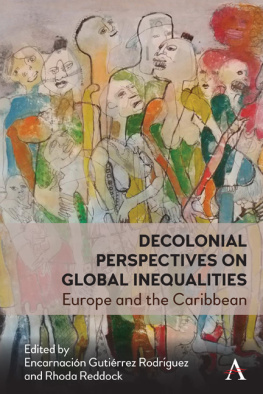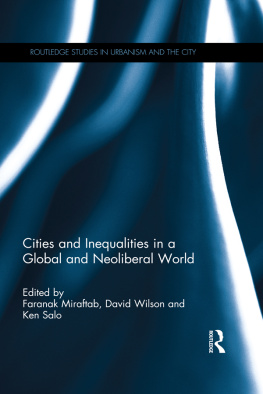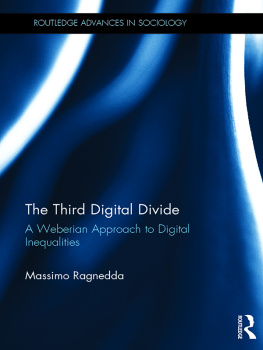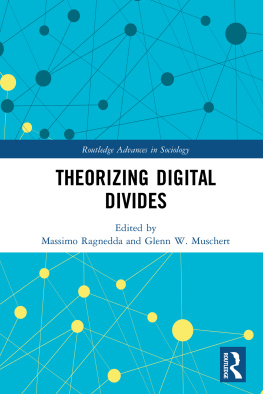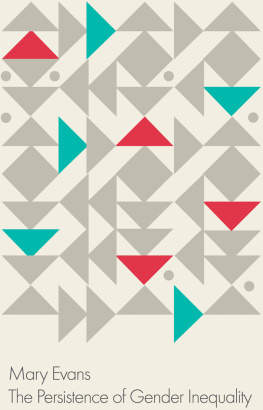GLOBAL EXPOSURE IN EAST ASIA
Global Connections
Series Editor: Robert Holton, Trinity College, Dublin
Global Connections builds on the multi-dimensional and continuously expanding interest in Globalization. The main objective of the series is to focus on connectedness and provide readable case studies across a broad range of areas such as social and cultural life, economic, political and technological activities.
The series aims to move beyond abstract generalities and stereotypes: Global is considered in the broadest sense of the word, embracing connections between different nations, regions and localities, including activities that are trans-national, and trans-local in scope; Connections refers to movements of people, ideas, resources, and all forms of communication as well as the opportunities and constraints faced in making, engaging with, and sometimes resisting globalization.
The series is interdisciplinary in focus and publishes monographs and collections of essays by new and established scholars. It fills a niche in the market for books that make the study of globalization more concrete and accessible.
Also published in this series:
Global Inequalities Beyond Occidentalism
Manuela Boatc
ISBN 978-1-4094-4279-0
Global Knowledge Production in the Social Sciences
Made in Circulation
Edited by Wiebke Keim, Ercment elik, Christian Ersche and Veronika Whrer
ISBN 978-1-4724-2617-8
Reimagining Social Movements
From Collectives to Individuals
Edited by Antimo L. Farro and Henri Lustiger-Thaler
ISBN 978-1-4094-0104-9
Islam and Public Controversy in Europe
Edited by Nilfer Gle
ISBN 978-1-4724-1313-0
Community, Competition and Citizen Science
Voluntary Distributed Computing in a Globalized World
Anne Holohan
ISBN 978-1-4094-5298-0
Global Exposure in East Asia
A Comparative Study of Microglobalization
MING-CHANG TSAI
Academia Sinica, Taiwan
First published 2015 by Ashgate Publishing
Published 2016 by Routledge
2 Park Square, Milton Park, Abingdon, Oxon OX14 4RN
711 Third Avenue, New York, NY 10017, USA
Routledge is an imprint of the Taylor & Francis Group, an informa business
Copyright Ming-Chang Tsai 2015
Ming-Chang Tsai has asserted his right under the Copyright, Designs and Patents Act, 1988, to be identified as the author of this work.
All rights reserved. No part of this book may be reprinted or reproduced or utilised in any form or by any electronic, mechanical, or other means, now known or hereafter invented, including photocopying and recording, or in any information storage or retrieval system, without permission in writing from the publishers.
Notice:
Product or corporate names may be trademarks or registered trademarks, and are used only for identification and explanation without intent to infringe.
British Library Cataloguing in Publication Data
A catalogue record for this book is available from the British Library
The Library of Congress has cataloged the printed edition as follows:
Cai, Mingzhang.
Global exposure in East Asia : a comparative study of microglobalization / by Ming-Chang Tsai.
pages cm. (Global connections)
Includes bibliographical references and index.
ISBN 978-1-4094-4146-5 (hardback) ISBN 978-1-3155-8483-6 (ebook) ISBN 978-1-3171-2783-3 (epub) 1. Cosmopolitanism--East Asia. 2. Globalization East Asia. I. Title.
HN720.5.Z9M8433 2015
303.372095--dc23
2014049936
ISBN 9781409441465 (hbk)
ISBN 9781315584836 (ebk-PDF)
ISBN 9781317127833 (ebk-ePUB)
Contents
List of Figures
List of Tables
Acknowledgements
The ideas and arguments about global behaviors at individual level were less well received in academia when I started to seek for journal outlets for some of my research findings roughly 10 years ago. Indeed, personal global experience vis--vis the big data of overwhelming global forces and transformations has not been an issue in mainstream global study. The findings as such from East Asia were not particularly appealing to what are called international journals. Despite the early setbacks in research and publication, I received much encouragement from colleagues and friends. As my work later started to gain support from editors and reviewers in various journals, I began thinking of a big project to assert that global exposurean individuals cosmopolitan concerns, border crossing, transnational relationships, language ability, etc.should have its central place in the field of global study.
Chances often come unexpected. In 2008, I was approached by Professor Ying-Hwa Chang, of the Institute of Sociology at Academia Sinica, to join the survey team of the East Asian Social Survey (EASS). I had a thought that this might be a good opportunity to sell the idea of global exposure to the team, as Professor Chang suggested. I acted as convener, coordinating colleagues from Japan, South Korea, China and Taiwan. Taking advantage of my position as chair of the administrative meetings, I persuaded the EASS colleagues to concentrate on globalization issues and designed a new questionnaire to collect data relating to global behaviors for the four populations. With these data in hand, I was confident that research outcomes capturing similarities or differences in this region, rather than focusing on a single society, should better impress reviewers. In the year of 2010, when I was a visiting scholar in the Department of Sociology at Ohio State University, USA, I started to write a proposal for this book. Ashgate Publishing showed keen interest in my idea of a book investigating global exposure in East Asia for its series Global Connections in which many exciting monographs have been read and praised by academics.
I am deeply indebted to the Ministry of Science and Technology, Taiwan for support of this project through Grant MOST 101-2410-H-001-112-MY3. Many people offered generous help without which this book could not have materialized. I am grateful for Professors Richard Appelbaum, John Casterline, Ying-Hwa Chang, Edward Crenshaw, J. Craig Jenkins, Zhenchao Qian and Ian Roxborough for their continuous encouragement and invaluable comments. I also appreciate the patience and assistance of Neil Jordan, the Senior Editor at Ashgate; Amber Ault who edited the whole manuscript carefully as always; and my research assistant Tsai-Wei Chiu who prepared all the statistical materials, tables and figures in a professional manner. I am thankful for the support of my wife Vivian during the writing of this project. I dedicate this book to my children Andrew and Yi, who have been great company for family trips across borders since they were very little.
Ming-Chang Tsai
Linkou, New Taipei City
Chapter 1
Global Exposure: Theories and Hypotheses
Ordinary Globalism
Most writing on globalization takes the shape of grand sweeping discourses. This book grounds globalization theories in a detailed empirical analysis. It provides a comprehensive empirical study of what until now have been big narratives of huge global phenomena by focusing on a neglected aspect of globalization: the ways in which global processes produce changes by affecting the values and perceptions of individuals. It may seem surprising for a global study to announce that the object of observation is the individual. Why not go straight to the level of the world system? The central argument of the present book is that individual global experience has become part of daily life and has influenced worldviews for an increasingly large number of people in the context of East Asia. Global exposure for many is comprised of forgotten habits, implicitly embedded in thinking, language-use, and even personal identity. It is in some ways like Billigs (1995) so-called banal nationalism. Billigs idea is that nationalism constitutes ideological habits that enable the established nations to reproduce themselves. Banal nationalism does not only happen on the periphery or outer regions of states and is not limited to separatists or guerrilla figures but, instead, involves daily practices through which the nation flags itself in the life of the citizenry. Routine, familiar forms of nationalism, presented in symbols,


